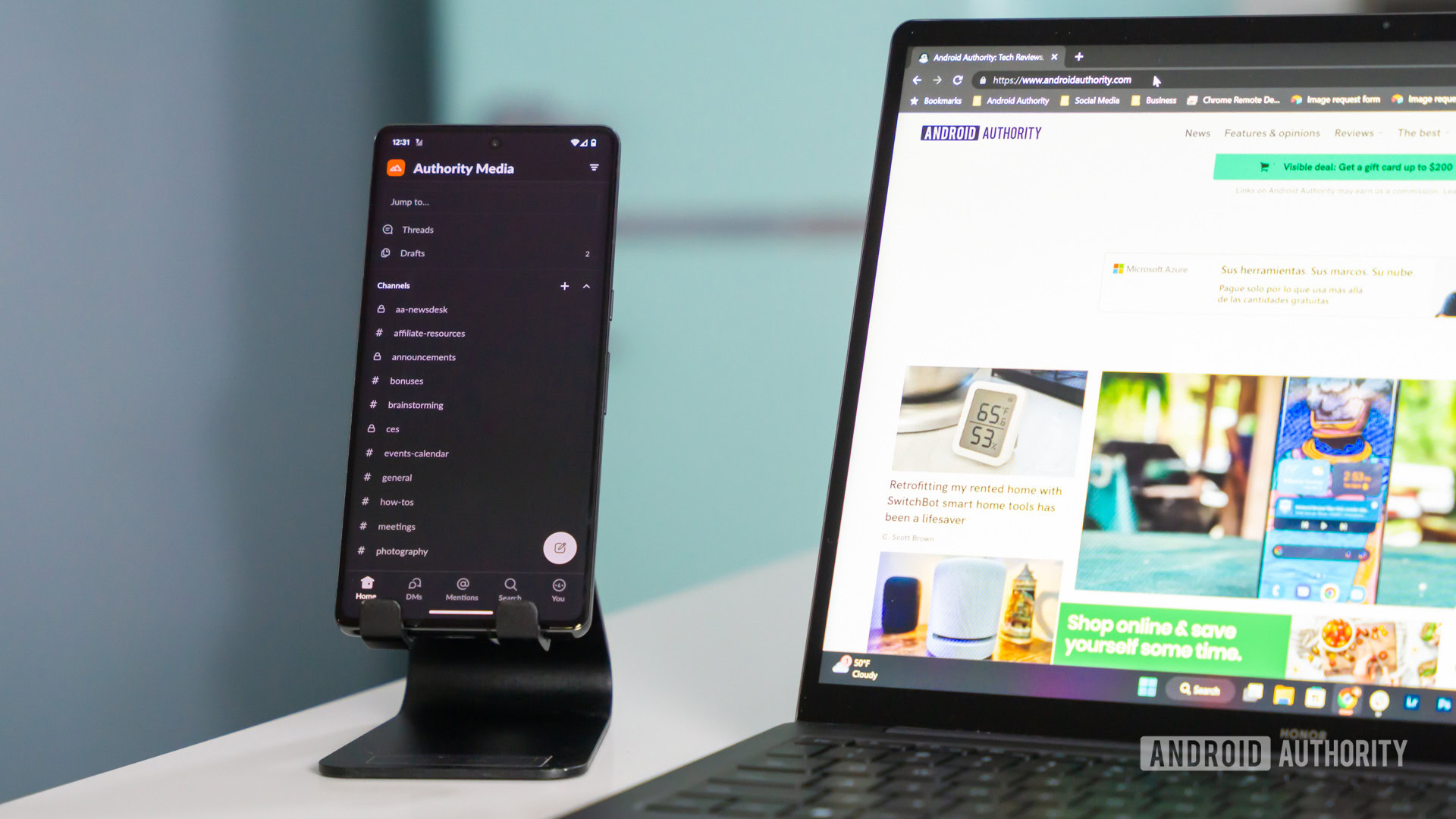Affiliate links on Android Authority may earn us a commission. Learn more.
California proposes 'right to disconnect' bill to help employees stay off after work
Published onApril 3, 2024

- California has introduced a “Right to Disconnect” bill that would make it easier for employees not to be around after their work shift ends.
- Employee working hours will need to be expressly specified, and employees will not be expected to be available for work after these hours outside of emergencies.
- If this bill becomes law, violating these hours would result in complaints and fines.
Have you ever had a situation where you completed your shift at work but had to keep yourself available through your phone and answer emails and calls outside of your shift? You can find false solace in the fact that this is far too common, leading to conditions like burnout that don’t help anyone involved. That is why California hopes to enact a new law that will give employees a “right to disconnect” from their jobs when they are off the clock.
As CBS News reports, Assembly Bill 2751 has been introduced into the California State Legislature, broadly charting out a “right to disconnect” for employees. Once it gets approved into law, this bill will eliminate the consequences of not answering an employer’s calls after shift hours. Public and private employers will need to create workplace policies allowing employees to ignore the employer during their off time.
To achieve this, working and non-working hours will need to be established by a written agreement. Workers will not be required to answer work-related communications beyond their shift, whether it be through Zoom, answering texts or calls, or monitoring Slack when they are not expressly getting paid to do so. Violating these hours would allow the employee to file a complaint with the California Labor Commissioner and consequently fine the employer.
Employees can consent to working late hours and being always available, but this would be part of the employee contract. If it isn’t, the employee shouldn’t feel compelled to be available around the clock. Employers can also have a policy on what an emergency call would be to an employee off the clock.
If this bill becomes a law, it will help create sustainable workflows for employees that don’t result in frequent burnouts. Employees would be able to enjoy some semblance of work-life balance without feeling pressured to be around all the time. It remains to be seen if the bill gets enough support to get passed into law.